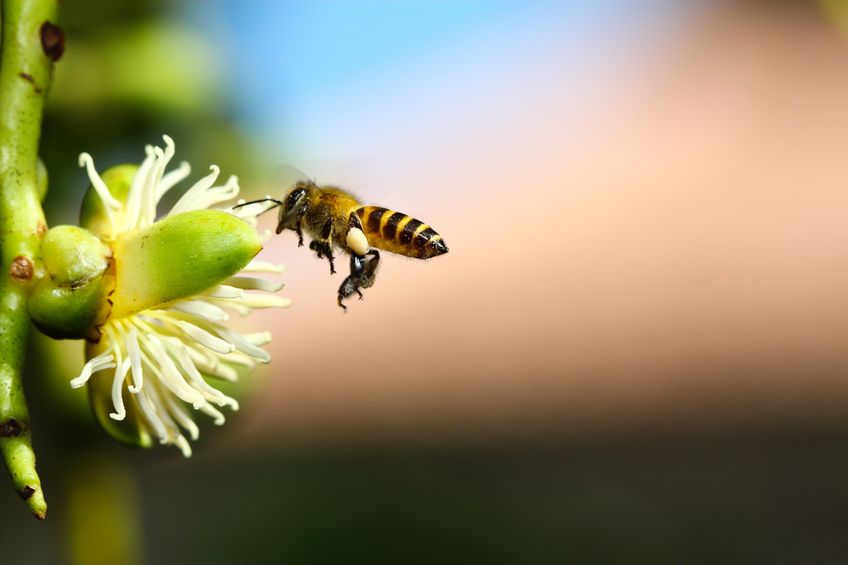Tasmania’s Pollinator Surveillance Program Keeping Bees Healthy
April 02, 2018
Bee Colony Collapse, Honey Bees
Along the various ports around Tasmania, Australia’s island state, which lies about 150 miles south of the mainland, there are sentinels watching the shores and providing an early warning system for possible invaders. These sentinels are European honeybees, and the potential invaders are pest bees and bee pests, specifically the deadly varroa mite (also called varroa destructor).
These honeybee sentinels are stationed within hives about 600 meters of the state’s ports—a piece of a nationwide program to prevent invasive pests like varroa mites from entering Australia and wreaking the same havoc they’ve inflicted on other countries, including the United States. "They're protecting other bees—they're protecting fruit and vegetables," says Karla Williams, who works for Biosecurity Tasmania and coordinates its National Bee Pest Surveillance Program. "We are the last bastion of healthy bees in the world." Varroa mites are originally from Asia, and since the 60s, they have spread throughout the world, with Australia being among the few large honey-producing countries that are still mite-free.
This surveillance program sets active honeybee hives near ports that beekeepers regularly test in order to check for possible exotic bees or pests that hitched a ride into the country on one of the nearby ships. "The hives are tested every six weeks for all the exotic pests that we want to keep out of Australia," says Williams. "We've got sentinel hives around the ports around Hobart, Bell Bay, Devonport, and Burnie. It's a barrier, an early warning system." Additionally, the program has catch boxes around the ports, which are empty hives meant to attract honeybee swarms that could have stowed on one of the many ships docking nearby.
Peter Norris, who is president for Tasmania’s Southern Beekeepers Association, participates by consistently testing his own hives, which are kept in the Royal Tasmanian Botanical Gardens, stating, "It's absolutely crucial that varroa doesn't hit Australia, especially Tasmania. I was an amateur beekeeper in the UK when it hit over there, and we lost 80 percent of the bees in the south of England in the first year it was there. We're very lucky here in Tassie—we're pretty pest-free at the moment."
Due to the lack of varroa mites as well as other pests, including small hive beetles, which have been seen in other Australian regions, Tasmania's honeybees are well sought-after commodities. Every year, bees are exported from Tasmania to the U.S. and Canada, where thousands of bees are lost to varroa mites and similar pests as well as to the winter seasons. All of this makes Tasmanian bee sentinels important—not just for the island state but also for the world.
Copyright: napat / 123RF Stock Photo


.jpg)




